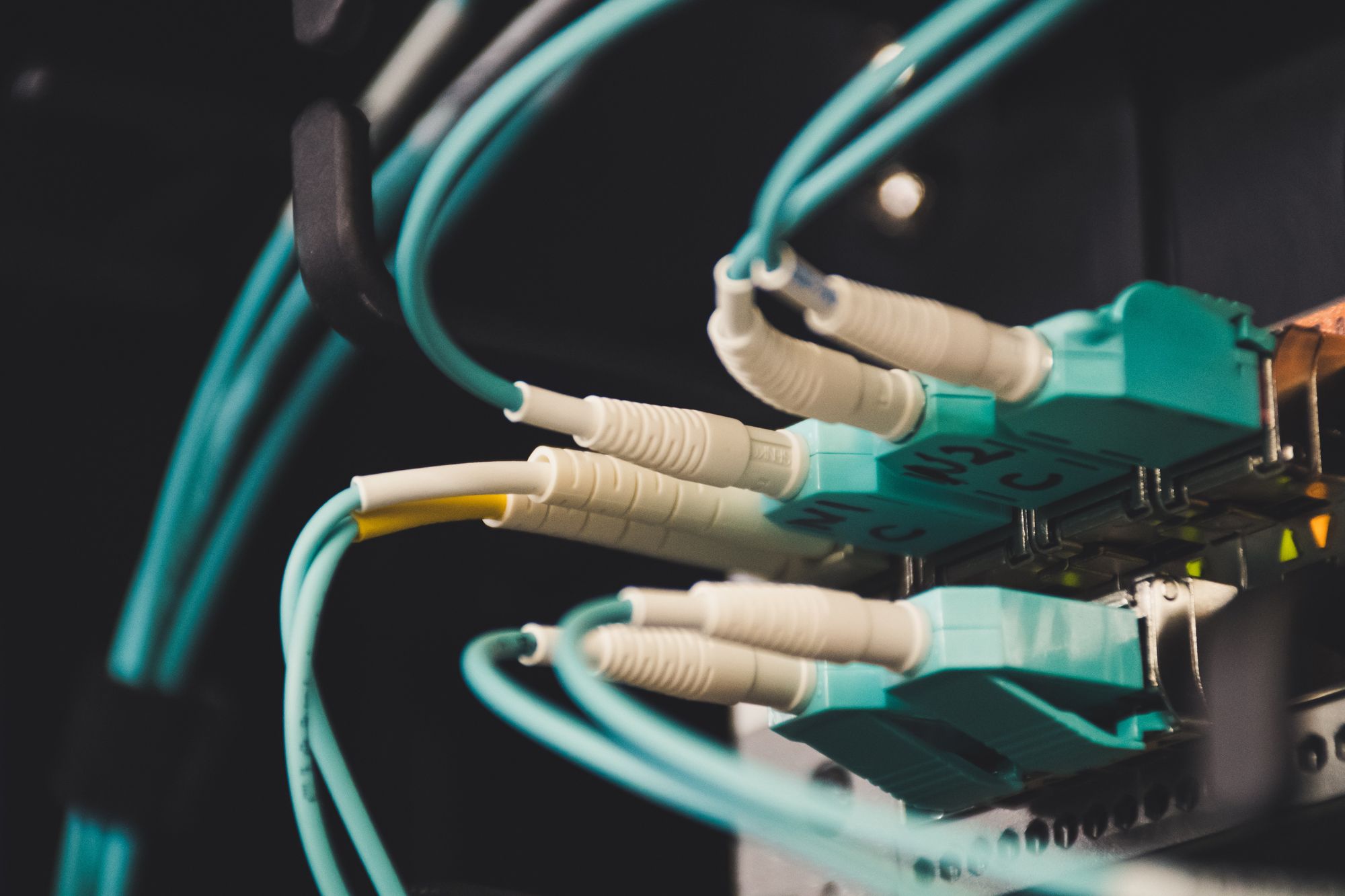BlockChain is Obsolete!

Wait; What?
That’s most probably the reaction most of those reading this would have. A lot will find it preposterous that anyone would make such a statement about the one of coolest things in tech right now, that is blockchain.
Everyone is excited about the privacy and anonymity prospects offered by blockchain.
But what about personal accountability? It’s no secret that blockchain has allowed criminals such as drug dealers and money launderers to thrive.
What exactly does blockchain have to offer when it comes to accountability?
Blockchain, Decentralization and Transparency
To get a better perspective of the kind of accountability blockchain offers, let’s explore two of the most popular ways in which it has been implemented. Bitcoin and NFTs.
The Bitcoin blockchain is a type of database that stores every transaction ever made within the bitcoin network. The database requires a collection of computers to record and store these transactions. The biggest distinction of the bitcoin database and ordinary databases is that the computers that record the transactions are decentralized. Each computer or collection of computer is operated by one person or group of persons.

NFTs have taken the same approach. An NFT (Non Fungible Token) is a unit of data stored on a blockchain that’s used as certification that a particular digital asset is unique. NFT’s can be anything on the internet. They can be video clips, pictures, poems, pieces of code, etc.
In a blockchain, each computer has a full record of the all the data recorded since its creation. In simple terms, it is a collection of computers that are watchdogs over each other to ensure none of them alters any record.
In other words, blockchain makes computers accountable. Blockchain makes objects accountable.
What about people? Can blockchain make people accountable?
The internet can only be secure and trustworthy if it can make people accountable for what they do in it.
How can people be made accountable on the internet?
Let’s talk about PKI
In PKI (Puzzle Kit Infrastructure), your phone, computer, or any other device you are using generates two big numbers. One of the numbers is public while the other one is secret and it never leaves the device.
For logins, you never need a password. Your username is accompanied by your public number. Using that number, a server makes a puzzle and sends it back to your device. Your device solves the puzzle using the secret number and sends the solution back to the server. That solution proves that you have the secret number that goes with your public number and so the server believes your identity claim.
Even if a hacker was to end up with your username, public number, puzzle, and the solution to the puzzle, they’d have nothing of value. That’s because each puzzle made with a public number is different. A solution to a previous puzzle is useless.
Apart from secure logins, PKI offers true digital signatures. Digital signatures are made using the reverse of the login procedure. Using your private key, you make a puzzle and attach it to your document. Anyone with your public key can solve the puzzle and verify that you are the one who signed the document and not even a comma has been changed since you signed the document.
Why are we talking about PKI? PKI is not even a new technology. It has been around for decades. The problem is that it has never been fully implemented. It has been used in bits and pieces, but its full potential has not been harnessed yet.
There are bits of blockchain that resemble PKI. We mentioned that blockchain makes devices accountable by making the devices watch over each other.
Lack of accountability is the underlying existential flaw that has plagued the internet for decades. Malicious actors can masquerade as anyone or anything. Blockchain has tried to solve that problem, but it managed to make objects accountable not people. The accountability of devices does not solve the problem of inauthenticity among users.
For instance, bitcoin exchange platforms can still be hacked and bitcoins stolen. In as much as the bitcoins can be traced, the hacker remains completely anonymous, and free to perpetrate another heist.
The full implementation of PKI can solve the problem of inauthenticity among users. PKI was invented by British intelligence agencies in early 1970s. We’ve mentioned that it has been used in bits and pieces, but it has never been deployed to its full potential.
The full potential of PKI means the existence of digital identities that are connected to real people. That’s means people can remain anonymous but still be held accountable for their actions on the internet if need be.
How’s that possible? It’s possible through participatory centralized governance.
We’ll come to that a bit later.
The point here is, Blockchain is OBSOLETE
NFTs Will Hit A Snag
NFTs are the latest blockchain implementation. While the concept of NFTs is exciting, they are likely to hit a snag pretty soon because of inauthenticity. There’s nothing that will stop hackers from masquerading as the owners of a particular NFT and selling it. Even though the transfer can be traced, the damage will already have been done.
PKI when used to create digital identities will bring along Authenticity. It will provide a space where people and systems can verify users are really who they claim to be. Once we have digital identities that are attached to real people the mad rush for the next security patch or solution will be meaningless.
Blockchain works with decentralized governance by a collection of devices. PKI combined with participatory centralized governance is what we call PKIDR (PKI done right). A lot of people don’t like the idea of centralized governance, and that’s why blockchain has become very popular. That’s where the problem is though.
The exciting part is our idea of centralized governance is completely different from what everyone is used to. We are not taking about state government and the big guys such as Google, Amazon, Facebook, etc. We are talking of Internet of the People. In fact, if you are the kind of person who is constantly concerned about centralized governance then you’ll easily appreciate our idea of participatory centralized governance.
